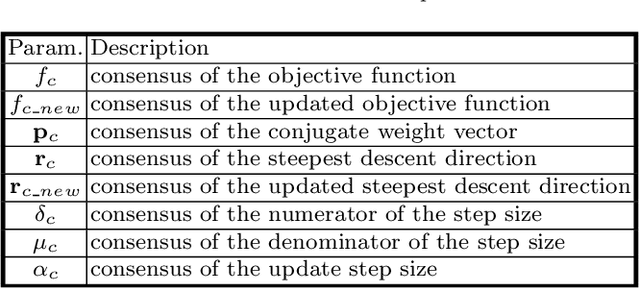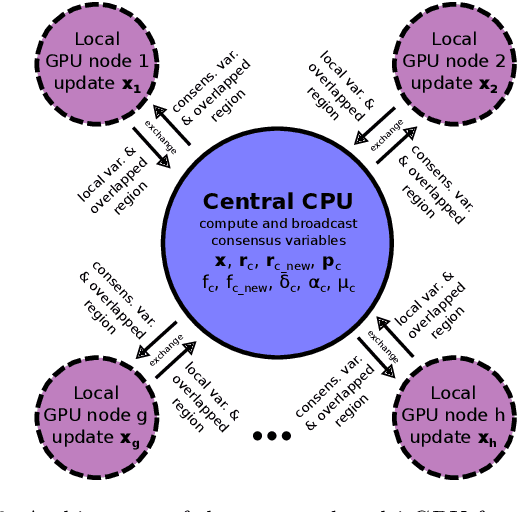Jajnabalkya Guhathakurta
Multispectral CT Denoising via Simulation-Trained Deep Learning: Experimental Results at the ESRF BM18
Sep 10, 2025Abstract:Multispectral computed tomography (CT) enables advanced material characterization by acquiring energy-resolved projection data. However, since the incoming X-ray flux is be distributed across multiple narrow energy bins, the photon count per bin is greatly reduced compared to standard energy-integrated imaging. This inevitably introduces substantial noise, which can either prolong acquisition times and make scan durations infeasible or degrade image quality with strong noise artifacts. To address this challenge, we present a dedicated neural network-based denoising approach tailored for multispectral CT projections acquired at the BM18 beamline of the ESRF. The method exploits redundancies across angular, spatial, and spectral domains through specialized sub-networks combined via stacked generalization and an attention mechanism. Non-local similarities in the angular-spatial domain are leveraged alongside correlations between adjacent energy bands in the spectral domain, enabling robust noise suppression while preserving fine structural details. Training was performed exclusively on simulated data replicating the physical and noise characteristics of the BM18 setup, with validation conducted on CT scans of custom-designed phantoms containing both high-Z and low-Z materials. The denoised projections and reconstructions demonstrate substantial improvements in image quality compared to classical denoising methods and baseline CNN models. Quantitative evaluations confirm that the proposed method achieves superior performance across a broad spectral range, generalizing effectively to real-world experimental data while significantly reducing noise without compromising structural fidelity.
FL-MISR: Fast Large-Scale Multi-Image Super-Resolution for Computed Tomography Based on Multi-GPU Acceleration
Aug 09, 2021



Abstract:Multi-image super-resolution (MISR) usually outperforms single-image super-resolution (SISR) under a proper inter-image alignment by explicitly exploiting the inter-image correlation. However, the large computational demand encumbers the deployment of MISR methods in practice. In this work, we propose a distributed optimization framework based on data parallelism for fast large-scale MISR which supports multi- GPU acceleration, named FL-MISR. Inter-GPU communication for the exchange of local variables and over-lapped regions is enabled to impose a consensus convergence of the distributed task allocated to each GPU node. We have seamlessly integrated FL-MISR into the computed tomography (CT) imaging system by super-resolving multiple projections of the same view acquired by subpixel detector shift. The SR reconstruction is performed on the fly during the CT acquisition such that no additional computation time is introduced. We evaluated FL-MISR quantitatively and qualitatively on multiple objects including aluminium cylindrical phantoms, QRM bar pattern phantoms, and concrete joints. Experiments show that FL-MISR can effectively improve the spatial resolution of CT systems in modulation transfer function (MTF) and visual perception. Besides, comparing to a multi-core CPU implementation, FL-MISR achieves a more than 50x speedup on an off-the-shelf 4-GPU system.
 Add to Chrome
Add to Chrome Add to Firefox
Add to Firefox Add to Edge
Add to Edge